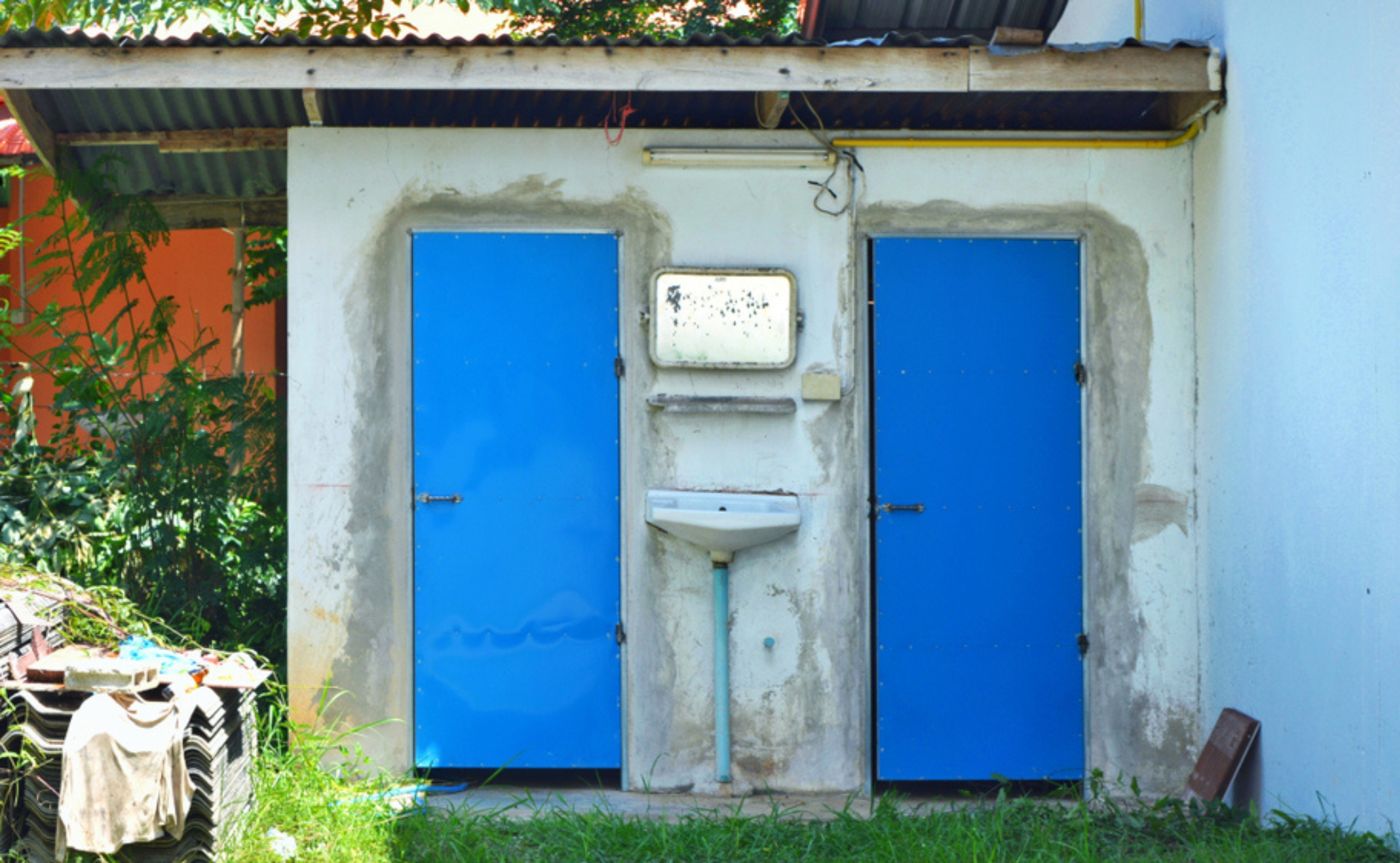
The coronavirus disease (COVID-19) has registered 959,116 deaths worldwide as of 21 September 2020. While the number is alarming, it is still not large compared with the 5.2 million children who died due to various causes in 2019, according to UNICEF. COVID-19 reminds us how much child mortality continues to be a significant challenge for global health and the global economy. In addition to the loss of human lives, the economic consequences are also significant. The International Monetary Fund’s World Economic Outlook (IMF 2020) estimates negative growth of 4.9% in 2020 for the global economy, while a research team at the American Association for the Advancement of Science has estimated the global cost of the pandemic to be between $8.1 trillion and $15.8 trillion. We believe improving “water supply, sanitation, and hygiene” (WASH) is an important strategy for dealing with these health and economic challenges.
In a study covering the period 2003–2013, poor water and sanitation conditions were found to lead to an increase in the child mortality rate by 38% for post-neonatal cases and 24% for children under five (Ezeh et al. 2015). As such, increased public spending on improving water and sanitation would help reduce child mortality (Gunther and Fink 2011). Alemu (2017) also observed differences in infant mortality across 33 African countries and found that a 1% improvement in access to sanitation is associated with a decrease in infant mortality of two infants per 1,000 live births.
The World Health Organization (2020) has recommended WASH and waste management programs as the most effective measures for fighting against COVID-19. Frequent and proper handwashing, water management, and sanitation services are essential for preventing the spread of the virus. The direct and indirect impacts of COVID-19 on child and maternal mortality have been substantial because most of the available health system resources were allocated to COVID-19 related treatments. UNICEF has pointed to the direct impacts, such as a disruption in vaccinations and the inability to perform other life-saving interventions for pregnant women and children. Findings by the Johns Hopkins Bloomberg School of Public Health on the indirect effects due to potential health intervention disruptions in 118 low- and middle-income countries (representing almost 98% of global under-five deaths) point to a substantial increase in child mortality of up to 41% for children under five (Roberton et al. 2020).
The importance of the WASH program is even greater for resource-constrained economies, like developing economies, for building resilience. We believe that spending on core health infrastructure and the improved WASH program can play an indispensable role in preventing pandemics like COVID-19 through limiting human-to-human transmission during outbreaks.
Even in the post-pandemic period, during recovery, WASH can help minimize the secondary impacts that may arise due to disruptions. The post-pandemic period might exhibit disruptions in both essential measures and regular measures. Essential measures include vaccinations at birth and other life-saving measures, such as healthcare availability at birth. Regular measures include regular vaccinations, ensuring adequate nutrition for both mothers and children, and the supply of WASH measures to provide a healthy environment for growing newborns without the risk of other infections for both mothers and children. However, since the recovery phase may feature disruptions in those supply chains and loss of income due to higher unemployment, stakeholders, including the governments of developing countries, may lose the ability to meet those requirements. Multilateral support for governments and the provision of financial support from governments to service providers, such as local hospitals and WASH service providers, can ensure the continuity of essential and regular services. Moreover, well-coordinated and strategic interventions can minimize the secondary impacts of COVID-19 through the continuity of well-functioning health services while avoiding the risk of the spread of collateral airborne diseases.
Thus, effective WASH programs can help to build resilience against future outbreaks. Safely managed water services are needed to support affected, at-risk, and low-capacity countries and help build resilience against future pandemics like COVID-19 and regular outbreaks like cholera.
_____
References:
Alemu, A.M. 2017. To What Extent Does Access to Improved Sanitation Explain the Observed Differences in Infant Mortality in Africa? African Journal of Primary Health Care & Family Medicine, 9(1): e1–e9.
Ezeh, O.K., K.E. Agho, M.J. Dibley, J. Hall, and A.N. Page. 2014. The Impact of Water and Sanitation on Childhood Mortality in Nigeria: Evidence from Demographic and Health Surveys, 2003-2013. International Journal of Environmental Research and Public Health, 11(9): 9256–9272.
Gunther, I., and G. Fink. 2011. Water and Sanitation to Reduce Child Mortality: The Impact and Cost of Water and Sanitation Infrastructure. Policy Research Working Paper. World Bank.
International Monetary Fund (IMF). 2020). A Crisis Like No Other, An Uncertain Recovery. World Economic Outlook Update, June. IMF.
Roberton, T., E.D. Carter, V.B. Chou, A.R. Stegmuller, B.D. Jackson, Y. Tam, T. Sawadogo-Lewis, and N. Walker. 2020. Early Estimates of the Indirect Effects of the COVID-19 Pandemic on Maternal and Child Mortality in Low-Income and Middle-Income Countries: A Modelling Study. The Lancet Global Health, 8(7): E901–E908.
World Health Organization. 2020. Corona Update. 31 May 31.





